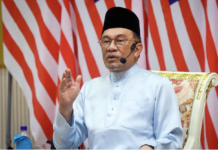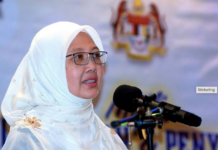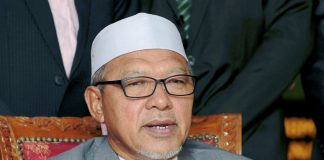KUALA LUMPUR, March 5 – The proposal to enact the Fixed-Term Parliament Act is still in the in-depth study stage, said Minister in the Prime Minister’s Department (Law and Institutional Reform) Datuk Seri Azalina Othman Said.
She said the study carried out by the Legal Affairs Division, Prime Minister’s Department (BHEUU JPM) included an impact study that also took into account the views of the results of engagement sessions with stakeholders and the public regarding the introduction of the act.
“The findings of this comprehensive study will be used for policy consideration by the Cabinet later,” she said in a written reply posted on the Parliament’s website.
Azalina was replying to a question from RSN Rayer (PH-Jelutong) who asked whether the government plans to enact the Fixed-Term Parliament Act to prevent party-hopping that could undermine political stability in Malaysia.
Commenting further, she said that there are many countries that practice fixed-term Parliaments with an agreed timeline for elections in order to ensure political and economic stability and to prevent any attempt to seize power that harms the country’s parliamentary democratic system.
In addition, Azalina said a fixed-term Parliament can also ensure that all reform agendas and policies can be implemented continuously without interruption.
“Malaysia has a fixed term of Parliament which is five years as provided under Article 55(3) of the Federal Constitution.
“However, the Prime Minister has the discretion to request the King to approve the dissolution of Parliament before the end of the five-year period at any time for any reason, if His Majesty also agrees,” he said.
Meanwhile, in a separate answer regarding the government’s challenges in examining the proposed act, Azalina said for now no challenges have been identified since it is still at the detailed study stage.
She was replying to a question from Datuk Seri Hasni Mohammad (BN-Simpang Renggam) who wanted to know the government’s challenges in examining the proposed act in order to strengthen the country’s Constitutional Monarchy and Parliamentary Democracy.
















